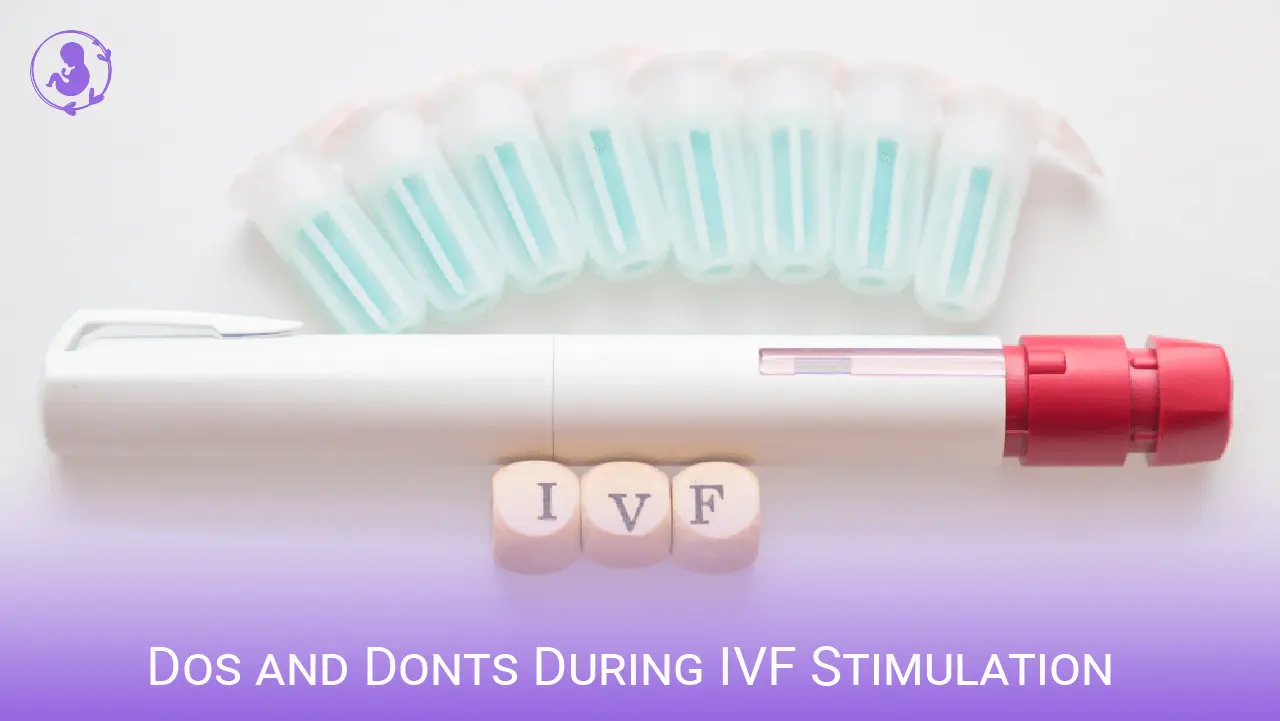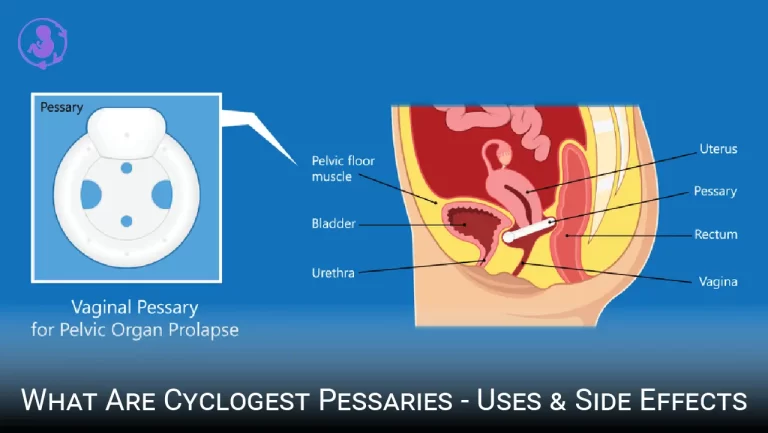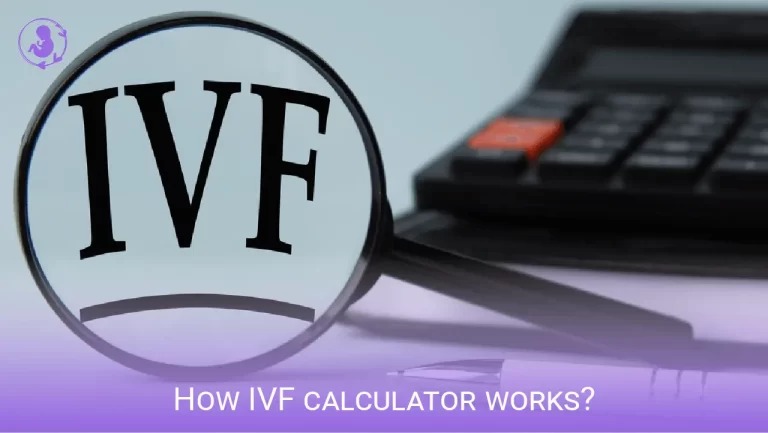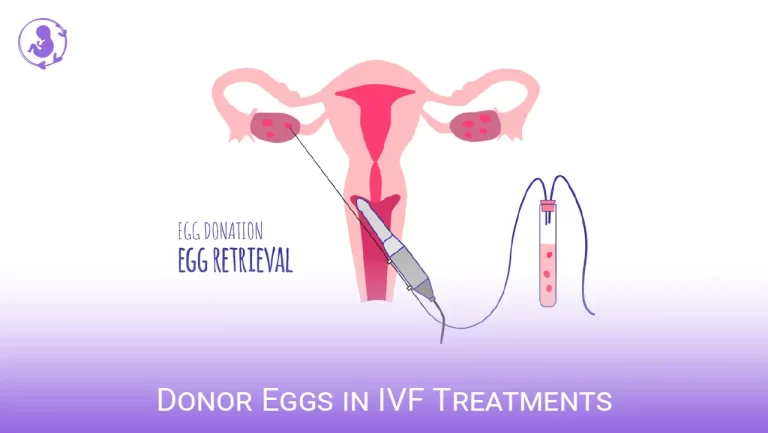Dos and Donts During IVF Stimulation
Are you currently undergoing IVF stimulation and looking for guidance on what to do and what to avoid? Well, you’re in luck! This article is here to provide you with essential dos and don’ts during IVF stimulation.
By following these recommendations, you can optimize your chances of success and make the most out of your IVF journey. So, let’s dive in and discover the key tips that will help you navigate this process with confidence and increase your chances of achieving your dream of starting a family.

Important Dos During IVF Stimulation
During IVF stimulation, it’s important to follow a healthy diet, stay hydrated, and avoid smoking and alcohol. In addition to these key factors, there are several important dos that can help you manage the stress and emotions that may arise during this process.
First and foremost, it’s crucial to have a strong support system in place. Lean on your loved ones for emotional support and open lines of communication with your partner to navigate this journey together. Additionally, keep an eye on accurately tracking your baby’s development through our IVF Due Date Calculator.
It’s also important to develop healthy coping mechanisms to deal with any stress or anxiety that may come up. Mind-body techniques such as meditation, deep breathing exercises, and visualization can be effective tools for relaxation and emotional well-being.
Balancing work and IVF treatment can be challenging, so make sure to take breaks and prioritize self-care. Allow yourself to process and deal with your emotions, and set realistic expectations for the outcome of the treatment.
Common Don’ts During IVF Stimulation
It’s important to refrain from consuming alcohol and tobacco products during IVF stimulation. These substances can have negative effects on fertility and can increase the risks associated with the procedure. During this time, it’s crucial to take precautions and make necessary lifestyle changes to optimize your chances of success.
One important aspect of IVF stimulation is medication management. It’s essential to follow your doctor’s instructions carefully and take the prescribed medications as directed. These medications play a crucial role in stimulating your ovaries and preparing your body for the retrieval and transfer process.
Emotional support is also vital during this time. Going through IVF can be emotionally challenging, so it’s important to seek support from your loved ones or consider joining a support group. Managing stress and maintaining a positive mindset can greatly impact your overall well-being and increase your chances of success.
Dietary restrictions may also be necessary during IVF stimulation. Your doctor may recommend avoiding certain foods or incorporating specific nutrients into your diet to support your fertility and the development of healthy embryos.
Alternative therapies, such as acupuncture or yoga, can also be beneficial during IVF stimulation. These therapies can help reduce stress, improve blood flow to the reproductive organs, and promote relaxation.
Managing side effects is another important aspect of IVF stimulation. Common side effects may include bloating and mood swings. It’s important to communicate with your doctor about any discomfort or concerns you may have and follow their guidance on managing these side effects.
Exercise guidelines may also be provided by your doctor. Moderate exercise is generally safe during IVF stimulation, but it’s essential to follow any specific recommendations given to you. Staying active can help improve blood flow and overall well-being.
Lastly, fertility preservation may be something to consider before starting IVF stimulation. If you’re concerned about preserving your fertility for the future, speak with your doctor about possible options, such as egg or embryo freezing.
Key Tips for Successful IVF Stimulation
To optimize your chances of success during IVF stimulation, prioritize your health by managing stress, getting enough sleep, and taking prenatal vitamins.
Managing stress is crucial during this process, as it can impact your overall well-being and fertility. Consider incorporating lifestyle modifications such as yoga, meditation, or therapy to help alleviate stress.
Additionally, ensure medication adherence by following your doctor’s instructions and taking the prescribed medications as directed. Seek emotional support from loved ones or join support groups to help navigate the emotional rollercoaster that IVF can bring.
Maintaining a healthy diet is essential, as it can positively impact your fertility and overall health. Incorporate exercise recommendations into your routine, but be sure to consult with your doctor about the appropriate level of activity.
It is important to avoid alcohol during IVF stimulation, as it can interfere with hormone changes and affect the success of the treatment. Understand the hormone changes that occur during IVF stimulation and consult with your doctor to gain a better understanding of what to expect.
Additionally, consider the financial considerations involved in IVF and plan accordingly. Lastly, prepare for potential side effects by educating yourself and discussing them with your doctor.
Frequently Asked Questions
Conclusion
In conclusion, when undergoing IVF stimulation, it’s crucial to follow the dos and don’ts to optimize your chances of success.
Remember to maintain a healthy lifestyle, including regular exercise and a balanced diet.
Follow your doctor’s advice, take prescribed medications, and seek support from loved ones.
Be aware of potential risks and side effects, but stay positive and focused on your goal.
With these key tips, you can increase your chances of a successful IVF stimulation and bring your dreams of starting a family closer to reality.
Read More On IVF






